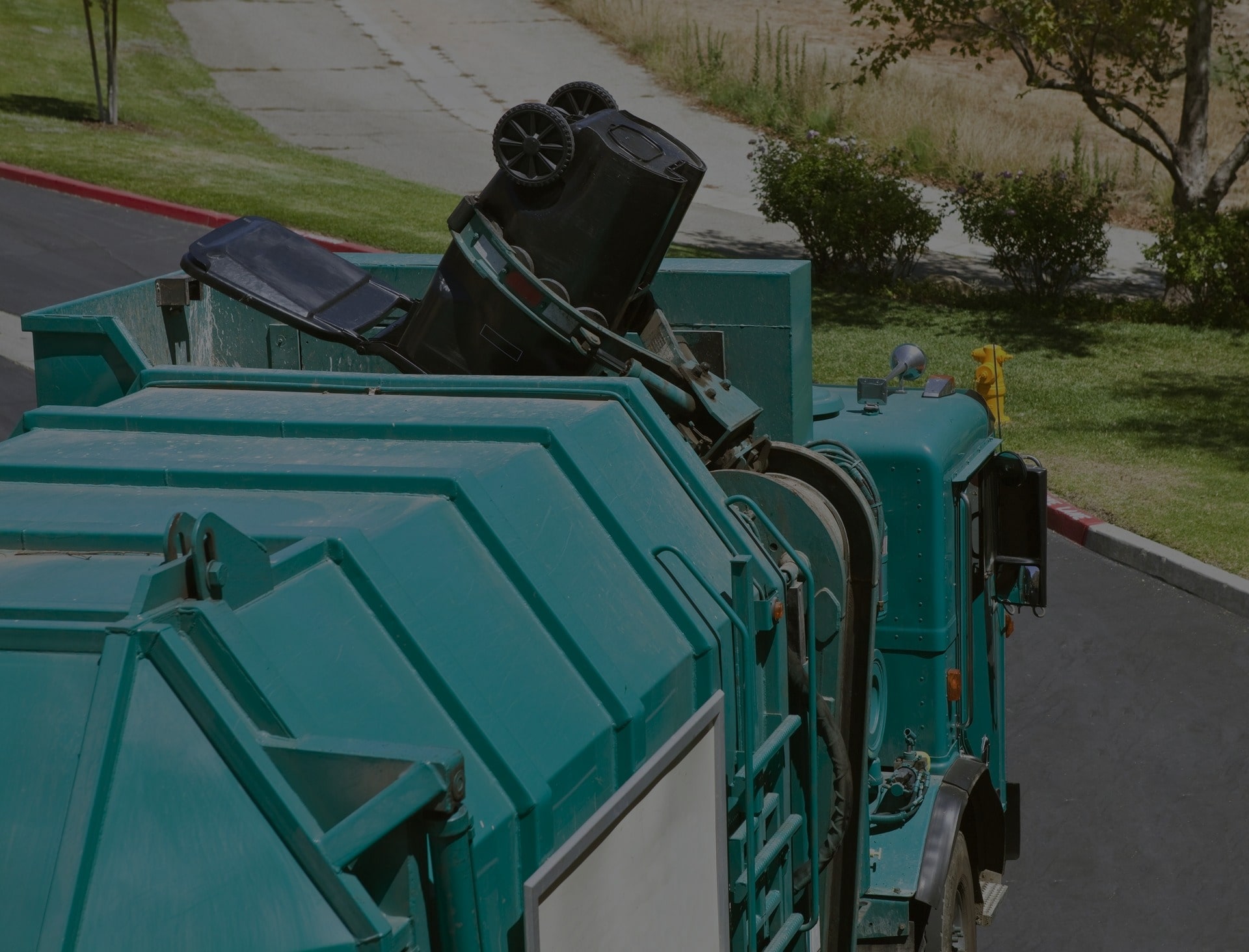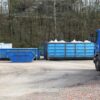Waste Management –
The various facets of waste management, including collection, transport, treatment, and disposal, are covered in this article. The advantages of utilizing renewable energy sources to lessen emissions and landfill methane production are highlighted. The process of moving trash from its source to its final disposal is referred to as waste management. It covers the gathering, moving, treating, and throwing away of waste products.
Collection and transportation, treatment and disposal, regional waste disposal, and monitoring and regulation make up the subsector’s four primary divisions. Both bigger transfer stations and smaller curbside pick-up points, including garbage cans, are included in collection transport. Prior to being disposed of in a landfill or incinerator, the collected material is treated through the employment of remediation services. Building landfills and other disposal facilities for bigger waste loads is a component of regional waste disposal.
These locations need to be handled by experts because they are intended to house hazardous waste and other wastes. To lessen the effects of garbage on the environment, waste management is crucial. In order to minimize the discharge of contaminants into the environment, used organic waste must be collected, moved, and disposed of through the use of disposal management. Additionally, organic waste may be permitted for composting or land-filling. Methane gas, a byproduct of this process that can be exploited to produce energy, is released.
Lowering Production of Waste in Miami Florida
Waste management is the process of lowering the production of waste and figuring out better ways to dispose of it. Recycling allows for the collection and reuse of recyclable items while composting turns organic waste into a fertilizer that is rich in nutrients. The amount of waste that needs to be disposed of is decreased with the aid of waste minimization.
Utilizing the energy recovered from organic waste to produce renewable energy sources is known as energy recovery. Another option for waste disposal is bioremediation, which employs bacteria or fungi to break down garbage and eliminate the need for landfills.
Waste management involves gathering, moving, processing, recycling, and dumping waste. These actions are taken to safeguard human health, safety, and environmental quality. Solid and hazardous wastes, including medical waste, are handled and disposed of as part of waste management activities. In order to ensure correct treatment of these materials and to avoid any handling that can cause environmental harm or health hazards, effective oversight is required. If you have any questions, contact us to learn more.






